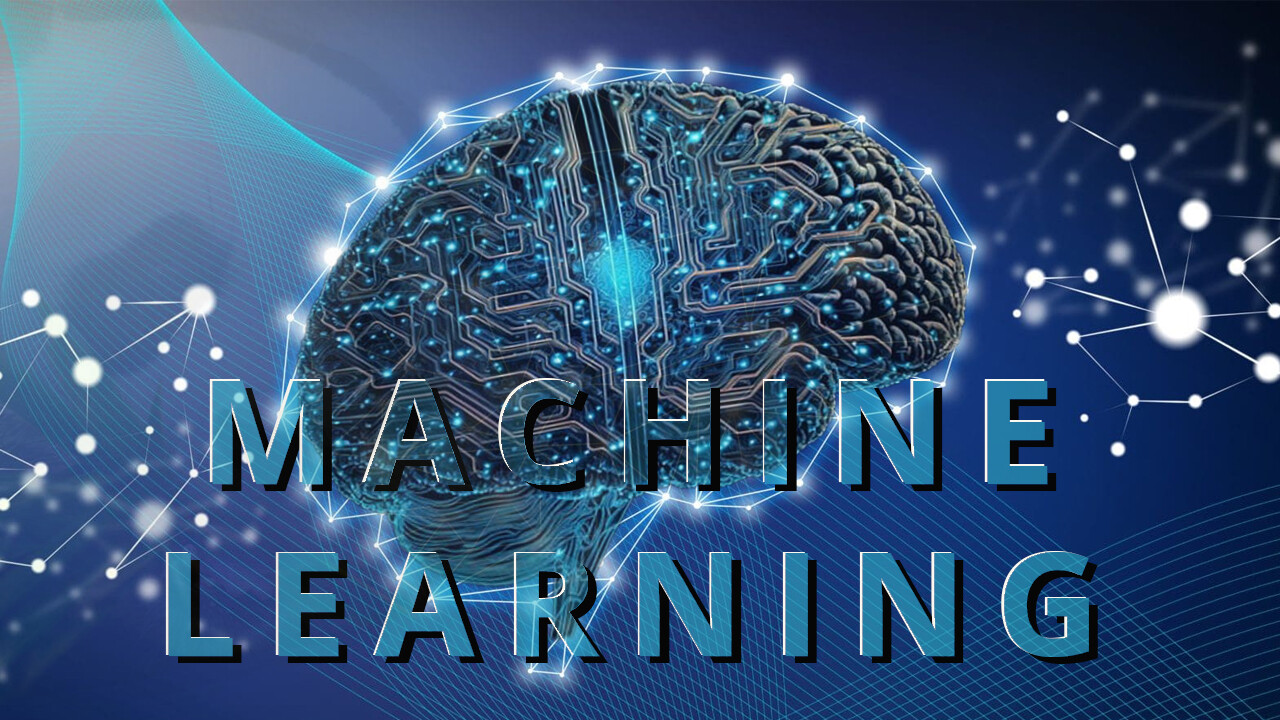Machine learning in the digital age

Machine Learning in the Digital Age
In today’s digital age, machine learning has emerged as a transformative force that is reshaping industries, powering innovations, and enhancing user experiences. From personalized recommendations on streaming platforms to advanced fraud detection in financial services, machine learning is ubiquitous, and its impact on our daily lives is profound. In this post, we will explore the role of machine learning in the digital age and how it is revolutionizing various sectors.
Understanding Machine Learning
Machine learning is a subset of artificial intelligence (AI) that focuses on the development of algorithms and statistical models that enable computer systems to learn and improve their performance on a specific task through data analysis. Unlike traditional programming, where explicit instructions are provided, machine learning algorithms learn from data, identifying patterns and making predictions or decisions without being explicitly programmed for every scenario.
Personalization in E-Commerce
One of the most visible applications of machine learning is in the world of e-commerce. Online retailers use machine learning algorithms to analyze user behavior, such as browsing history, purchase history, and even mouse movements. This data is then used to create personalized shopping experiences. When you see product recommendations tailored to your preferences, it’s the result of machine learning algorithms at work. This not only improves user satisfaction but also drives higher conversion rates for businesses.
Healthcare and Diagnosis
Machine learning has also made significant inroads in the healthcare sector. From early disease detection to personalized treatment plans, machine learning is helping healthcare professionals make more accurate decisions. For instance, algorithms can analyze medical images like X-rays and MRIs to detect abnormalities that might be missed by the human eye. This can lead to earlier interventions and better patient outcomes.
Content Recommendations in Entertainment
Streaming platforms like Netflix and Spotify rely heavily on machine learning to keep users engaged. These platforms use sophisticated recommendation algorithms to suggest movies, TV shows, or music based on a user’s viewing or listening history. This not only keeps users entertained but also extends their subscription periods, benefiting the companies.
Financial Services and Fraud Detection
In the financial sector, machine learning is a formidable tool for fraud detection and prevention. Traditional rule-based systems can struggle to keep up with evolving fraud tactics, but machine learning algorithms can adapt and learn from new data. They can detect unusual patterns of transactions and flag potentially fraudulent activities in real-time, providing a layer of security for both consumers and financial institutions.
Conclusion
Machine learning is not just a buzzword; it’s a driving force behind many of the technological advancements we witness in the digital age. Its ability to analyze vast amounts of data, recognize patterns, and make predictions has opened up a world of possibilities across industries. From personalization in e-commerce to revolutionizing healthcare and entertainment, machine learning continues to shape our lives in meaningful ways. As it advances further, we can expect even more innovative applications that will continue to improve our digital experiences and make our lives more efficient and secure.







